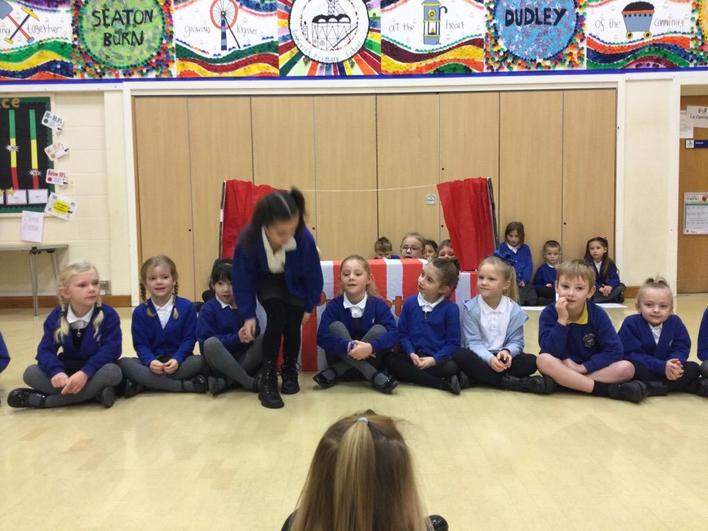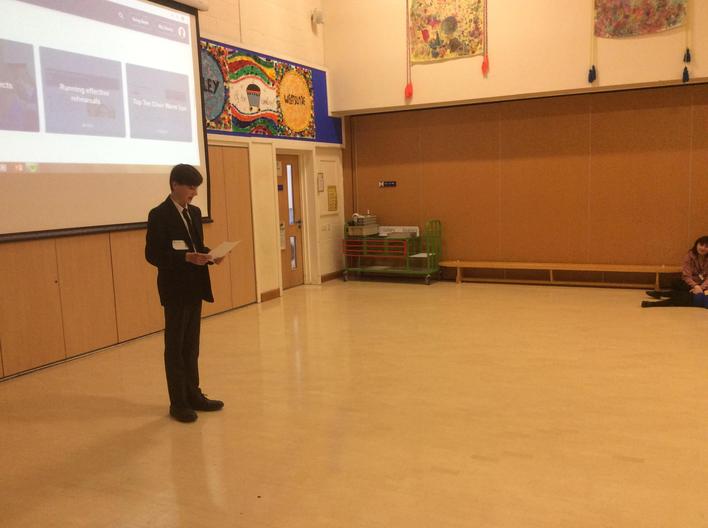Anti-Bullying
Mrs Liddle is responsible for Anti-Bullying
Mrs Fiona Graham-Landells is the governor responsible for Anti-Bullying
Anti- bullying Sharing Assembly 2023
Thank you to all the parents and Carers who came to our anti bullying sharing assembly.
|
|
|
|
Anti-bullying Award
We are delighted to announce we have been awarded the North Tyneside Anti Bullying Standards Award.
On the 26th February 2020 we were presented with our plaque and certificate from Julia Bradwell Participation worker from North Tyneside and William, the Young Cabinet Member for Anti-Bullying.
|
|
|
In order to meet the standards, we had to provide information about our policies, leadership, governance, staff involvement, curriculum, parental involvement, partnership working and E-Safety.
We enjoyed sharing information about our E-safety safety House Team event, anti-bullying weeks including assemblies for parents, Buddy system, School Council, Relaxation and check in points to promote health and wellbeing, yoga, Computing and PSHCE lessons and much more!
What is bullying?
Bullying is repeated behaviour that is intended to hurt someone physically or emotionally. Bullying can be face to face or online. We ensure that we explore and teach our children the importance of kindness and respect. Through our Child Friendly Anti Bullying policy we ensure children are aware of what bullying is and how to get Help. Healthy relationships are explored through our RSE and PSHCE curriculum every term. We celebrate Anti Bullying Week each year and hold an assembly for parents which is always well attended.
Where to Get Help if You are Being Bullied
- Teachers
- Head Teacher
- Family
- Parents
- Guide/scout leaders
- School Council
- Friends
- Sports leaders
- Childline
- NSPCC
- Police
- School Helpers
- Teaching Assistants
- Football Coaches
- Lunchtime Supervisors
- Worry box (in the library)
- Worry monsters in Year 1 and 2
Top Tips if You are Being Bullied
- Ask for help
- Let people know what is going on—parents, teachers, friends, etc.
- Don’t ignore it—you have rights
- Think positively about yourself
- Practice being confident
- Try not to show that you are upset or angry (remember, this is what the bully wants)
- Be firm and clear—look them in the eye and tell them to stop
- Get away from the situation—just walk away
- Avoid situations where you will be alone
- Try to avoid places where the bully might be
- Keep a record of what is happening
- Stay behind after school and tell someone that you feel comfortable with





